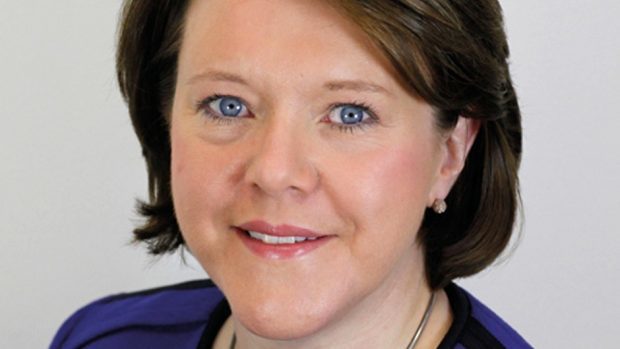The UK Government is “complicit” in perpetuating the gender pay gap by failing to take action, according to a group of MPs.
A report published today by the Commons women and equalities select committee concludes the disparity will continue unless policy changes.
It brands the “lack of leadership” shown by ministers in addressing the question of flexible hiring “deeply disappointing” and says the current system is “undermining” productivity.
The report identifies the key causes of pay discrepancies as the part-time pay penalty, women’s disproportionate responsibility for childcare and other forms of unpaid caring and the concentration of women in highly feminised, low paid sectors like care, retail and cleaning.
It also finds not enough is being done to support women returning to work if they have had time out of the labour market.
Tory MP Maria Miller, who chairs the committee, said the pay gap represented a big loss to the UK’s economy.
She added: “The gender pay gap is holding back women and that isn’t going to change unless the government changes its policies now.
“If the Government is serious about long-term, sustainable growth it must invest in tackling the root causes of the gender pay gap.”
According to the report, the government recognises the value of modernising the workplace, but is still not taking steps to ensure flexible working is offered to all employees, especially those in lower-paid sectors.
In its recommendations, the committee suggests all jobs should be flexible by default from the outset unless there is a strong business case for them not to be.
It also recommends the introduction of three months non-transferable, well-paid leave for fathers and second parents to support men and women share care more equally.
And it calls for a national pathways scheme to help women return to work after time out.
In addition, it recommends the barriers faced by women are addressed by industrial strategies focused on improving productivity and pay levels.
This should start with the care sector where nearly 80% of employees are women, the committee says.
The pay gap – which has remained at around the same level for the last four years – measures the difference between the hourly pay of the average man and the average woman.
Last November, for full and part-time workers, it stood at 19.2% for the UK.
